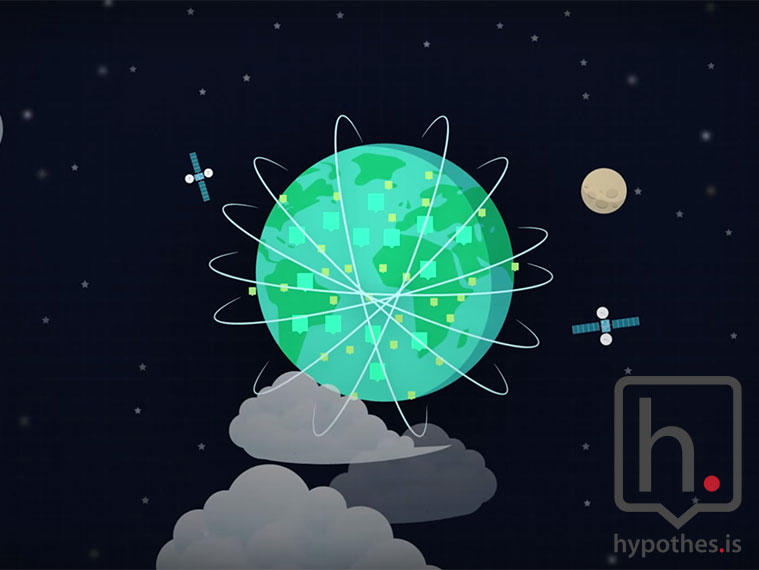the full development of a writer depends on understanding oneself in relation to one’s world
I am struck by the power of this statement in describing what constitutes the full development of a writer. What are the implications then for us as teachers of writing?
I appreciate the ways that Johnson makes the connections here back to the social and cultural contexts of the students' lives, to Black literacy traditions in particular, as well as the importance of being a writer who is adding their own voice into the mix.



